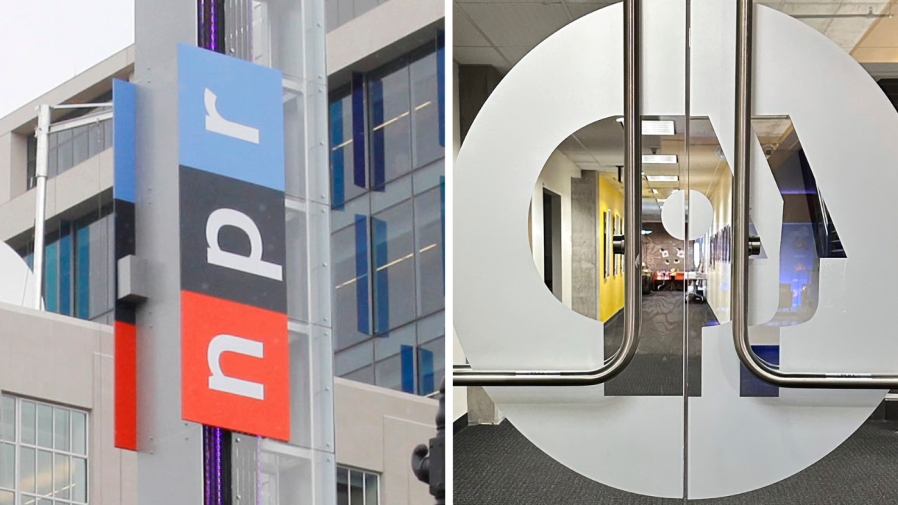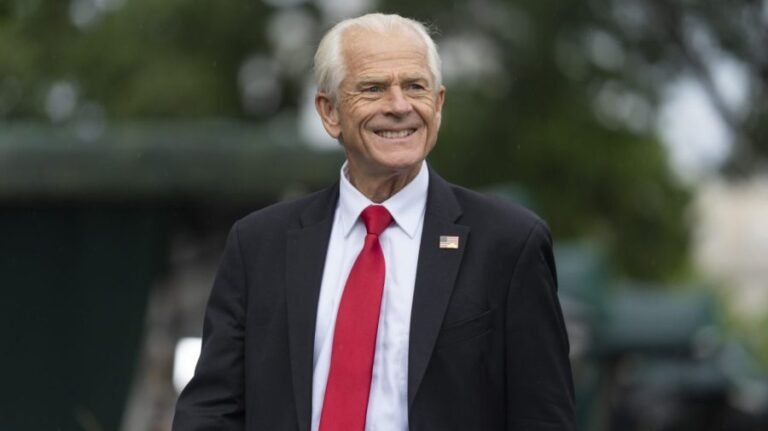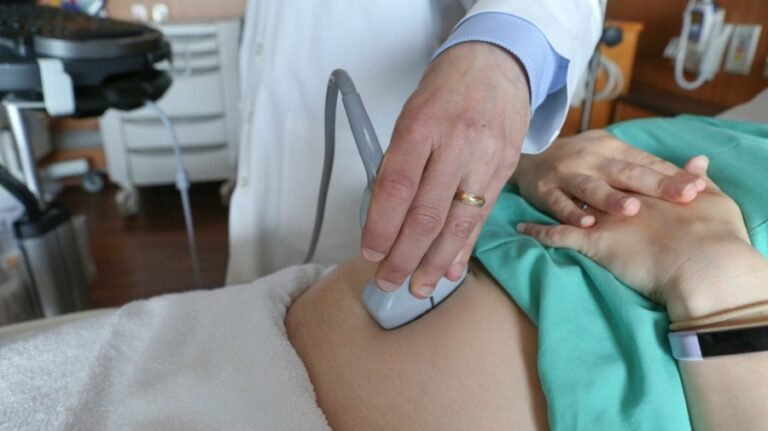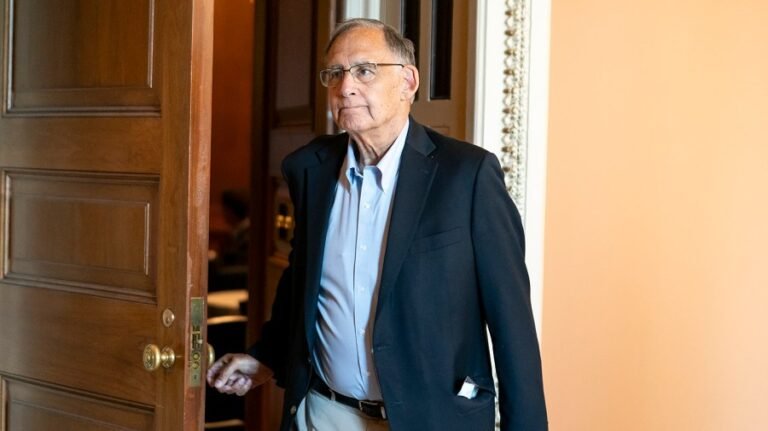
The Corporation for Public Broadcasting (CPB) on Friday said it will begin “an orderly wind-down of its operations” after seeing its budget cut through GOP-led legislation.
“Despite the extraordinary efforts of millions of Americans who called, wrote, and petitioned Congress to preserve federal funding for CPB, we now face the difficult reality of closing our operations,” CPB President Patricia Harrison said in a statement.
“CPB remains committed to fulfilling its fiduciary responsibilities and supporting our partners through this transition with transparency and care,” her statement continued.
CPB cited legislation passed by Republicans last month that yanked back two years’ of advanced funding at the request of President Trump, amounting to a clawback of more than $1 billion for fiscal years 2026 and 2027.
It also pointed to a lack of funding for CPB in an annual funding bill advanced by the Senate Appropriations Committee on Thursday, saying it was the first time in more than five decades the funding had been left out.
CPB said most of its employees jobs would conclude at the end of the fiscal year on Sept. 30, while a small transition team would work through January “to ensure a responsible and orderly closeout of operations.”
“This team will focus on compliance, final distributions, and resolution of long-term financial obligations, including ensuring continuity for music rights and royalties that remain essential to the public media system,” it added.
Many Republicans have defended cutting funding for CPB, accusing NPR and PBS, both of which receive CPB funding, of political bias and downplaying the threat of the cuts on media access.
“They have crossed over in many areas where they have gotten into commercialization, where they’re actually doing commercials on their air and not staying in their lane,” Rep. Mark Alford (R-Missouri) told The Hill last month. “And I think there’s a liberal, progressive bent towards NPR and PBS.”
“I don’t think the American taxpayer should be funding journalism, but I was in the media for 35 years, and I competed as a commercial broadcaster against their product,” he said.
About one percent of NPR’s current operating budget comes directly from the federal government, compared to 15 percent for PBS, multiple outlets report.
At the same time, fees from member stations, which rely on a larger share of CPB funding on average, make up about 30 percent of NPR’s funding. PBS says it also receives annual programming dues from stations to carry national programming.
Less than 5 percent of the nonprofit’s funding goes toward its operations, while more than 70 percent “goes directly to local public media stations,” CPB states on its website. And almost half of its “total 544 radio and TV grantees are considered rural.”
Some Republicans have raised concerns about the cuts they say will have a disproportionate impact on local stations.
“I did vote to move the Labor-HHS bill out of the committee today, even though I have deep concerns about where we are right now,” Sen. Lisa Murkowski (R-Alaska), a spending cardinal, said Thursday, while pointing to recent tsunami travel advisories Sitka, Alaska, in the aftermath of an 8.8 magnitude earthquake in Russia earlier this week. Murkowski was one of two Republicans to vote against the package clawing back public media funding last month.
“KCAW, the public radio station there, was the first and only to report on this in Sitka,” she said. “They did not receive any notification from NOAA via the EAS, the Emergency Alert System. Our reporters discovered the warning because they talked to public radio down in the Aleutians.”
Some members are hopeful of Congress approving some funding for local media ahead of a looming Sept. 30 deadline to fund the government for fiscal 2026.
Updated at 1:43 p.m.


